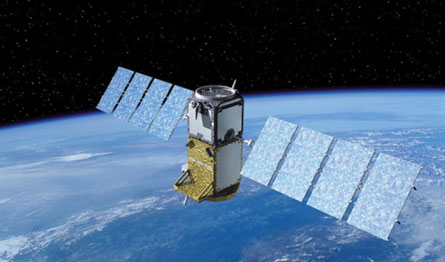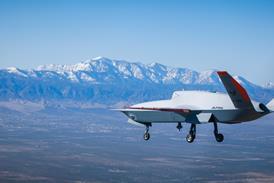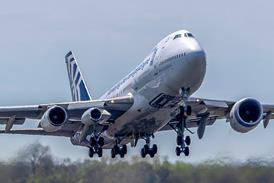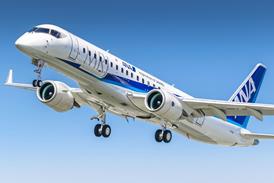Europe’s second test satellite for the Galileo navigation constellation has been placed in orbit by a Russian launch vehicle which lifted off from Kazakhstan yesterday.
Launched from the Baikonur facility at 04:16, on board a Soyuz-Fregat vehicle, the Galileo In-Orbit Validation Element satellite, GIOVE-B, features three precision clocks – including one based on a hydrogen maser, which will be the principal timing mechanism for Galileo.
GIOVE-B will be used to demonstrate Galileo technology and also continue work on the constellation’s radio frequencies initiated by its predecessor, GIOVE-A, which was launched in December 2005 and its nearing the end of its operational life.
“With the successful launch of GIOVE-B we are about to complete the demonstration phase for Galileo,” says European Space Agency director general Jean Jacques Dordain.
 |
|---|
Four operational satellites, currently under construction, are the next in line to be launched and will be used to validate the space-based and ground-based infrastructure by 2010. Once this stage is completed the developers will proceed with deploying the full constellation which will feature 30 satellites.
Source: Air Transport Intelligence news
Source: FlightGlobal.com
















